Home / west-bengal / West Bengal courts issue six death sentences in six months
West Bengal courts issue six death sentences in six months
By: My India Times
4 minutes read 55Updated At: 2025-02-21
.webp)
West Bengal courts have issued six death sentences in the last six months for serious crimes. These cases, classified under the "rarest of the rare" category, were prosecuted under strict legal provisions. Additionally, another individual was sentenced to death for a separate crime, bringing the total number of death sentences to seven in this period.
Strict legal action in recent cases
The legal system in West Bengal has taken a firm stance against severe crimes. Courts have ensured that justice is served swiftly and effectively. The convicted individuals were prosecuted under the Protection of Children from Sexual Offences (POCSO) Act, Indian Penal Code (IPC), and Bharatiya Nyaya Sanhita (BNS). The legal authorities worked efficiently to ensure that these cases were handled without unnecessary delays.
Breakdown of major cases leading to death sentences
Siliguri case (September 2024)
A court in Siliguri sentenced a person to death in September 2024 for a case involving a serious crime committed in August 2023 in the Matigara area. The legal proceedings were conducted swiftly, ensuring a fair yet strict judgment.
Tiljala case (September 2024)
In September 2024, a district court in Kolkata awarded the death penalty for an incident from March 2023. The court ruled that the offense fell under the "rarest of the rare" category, justifying the severe punishment.
Jaynagar case (December 2024)
A POCSO court in Baruipur sentenced an individual to death in December 2024 for a case that took place in October 2024 in South 24 Parganas. The case was closely monitored, and justice was delivered in record time.
Farakka case (December 2024)
A court in Jangipur, Murshidabad, imposed the death penalty in December 2024 for a crime that occurred in October 2024 in Farakka. The authorities ensured a thorough investigation, leading to a decisive verdict.
Dhaniakhali case (December 2024)
In December 2024, a court in Chinsurah, Hooghly district, issued a death sentence for a crime from November 2021. The verdict was seen as a landmark decision in upholding justice for such cases.
Gurap case (January 2025)
A POCSO court in Hooghly sentenced an individual to death in January 2025 for a case that occurred in November 2024 in the Gurap area. The authorities ensured a well-documented trial with strong evidence.
Burtolla case (February 2025)
In February 2025, a special POCSO court in Kolkata sentenced an individual to death for an incident that happened in November 2024 in the Burtolla area. The quick and strict judgment reaffirmed the state's commitment to delivering justice.
Judicial system’s response and government’s stand
The West Bengal judiciary has been proactive in ensuring timely trials and strict punishments. The courts have taken a zero-tolerance approach towards severe crimes, ensuring that offenders face the harshest penalties as per law.
West Bengal Chief Minister Mamata Banerjee praised the quick conviction in the Jaynagar case, calling it a historic judgment. She stated:
"Delivering justice within two months is an achievement. Our government will continue to ensure fast-track trials for such cases."
Legal experts have also lauded the efficient handling of these cases, highlighting the importance of strict sentencing in preventing future crimes.
Impact of strict sentencing on crime prevention
The legal actions taken in these cases send a strong message about the consequences of serious crimes. The death sentences aim to achieve the following objectives:
Deliver justice to victims and their families.
Create fear among potential offenders.
Reinforce public trust in the legal system.
Ensure that severe crimes are handled with the utmost seriousness.
How West Bengal is strengthening its legal system
The West Bengal government and law enforcement agencies are working together to ensure swift investigations and fast-tracked trials. Some key initiatives include:
Setting up more fast-track courts for serious offenses.
Providing legal aid and support for victims’ families.
Enhancing forensic investigations to strengthen evidence collection.
Increasing police vigilance in crime-prone areas.
Public reaction and social awareness
The public has largely supported these verdicts, seeing them as necessary measures to maintain law and order. Many social activists and legal experts have emphasized the importance of legal awareness and community involvement in preventing such crimes.
Community organizations and government initiatives are working together to educate people about legal rights, encourage victims to report crimes, and provide rehabilitation support to affected families.
....West Bengal courts have issued six death sentences in the last six months for serious crimes. These cases, classified under the "rarest of the rare" category, were prosecuted under strict legal provisions. Additionally, another individual was sentenced to death for a separate crime, bringing the total number of death sentences to seven in this period.
Strict legal action in recent cases
The legal system in West Bengal has taken a firm stance against severe crimes. Courts have ensured that justice is served swiftly and effectively. The convicted individuals were prosecuted under the Protection of Children from Sexual Offences (POCSO) Act, Indian Penal Code (IPC), and Bharatiya Nyaya Sanhita (BNS). The legal authorities worked efficiently to ensure that these cases were handled without unnecessary delays.
Breakdown of major cases leading to death sentences
Siliguri case (September 2024)
A court in Siliguri sentenced a person to death in September 2024 for a case involving a serious crime committed in August 2023 in the Matigara area. The legal proceedings were conducted swiftly, ensuring a fair yet strict judgment.
Tiljala case (September 2024)
In September 2024, a district court in Kolkata awarded the death penalty for an incident from March 2023. The court ruled that the offense fell under the "rarest of the rare" category, justifying the severe punishment.
Jaynagar case (December 2024)
A POCSO court in Baruipur sentenced an individual to death in December 2024 for a case that took place in October 2024 in South 24 Parganas. The case was closely monitored, and justice was delivered in record time.
Farakka case (December 2024)
A court in Jangipur, Murshidabad, imposed the death penalty in December 2024 for a crime that occurred in October 2024 in Farakka. The authorities ensured a thorough investigation, leading to a decisive verdict.
Dhaniakhali case (December 2024)
In December 2024, a court in Chinsurah, Hooghly district, issued a death sentence for a crime from November 2021. The verdict was seen as a landmark decision in upholding justice for such cases.
Gurap case (January 2025)
A POCSO court in Hooghly sentenced an individual to death in January 2025 for a case that occurred in November 2024 in the Gurap area. The authorities ensured a well-documented trial with strong evidence.
Burtolla case (February 2025)
In February 2025, a special POCSO court in Kolkata sentenced an individual to death for an incident that happened in November 2024 in the Burtolla area. The quick and strict judgment reaffirmed the state's commitment to delivering justice.
Judicial system’s response and government’s stand
The West Bengal judiciary has been proactive in ensuring timely trials and strict punishments. The courts have taken a zero-tolerance approach towards severe crimes, ensuring that offenders face the harshest penalties as per law.
West Bengal Chief Minister Mamata Banerjee praised the quick conviction in the Jaynagar case, calling it a historic judgment. She stated:
"Delivering justice within two months is an achievement. Our government will continue to ensure fast-track trials for such cases."
Legal experts have also lauded the efficient handling of these cases, highlighting the importance of strict sentencing in preventing future crimes.
Impact of strict sentencing on crime prevention
The legal actions taken in these cases send a strong message about the consequences of serious crimes. The death sentences aim to achieve the following objectives:
Deliver justice to victims and their families.
Create fear among potential offenders.
Reinforce public trust in the legal system.
Ensure that severe crimes are handled with the utmost seriousness.
How West Bengal is strengthening its legal system
The West Bengal government and law enforcement agencies are working together to ensure swift investigations and fast-tracked trials. Some key initiatives include:
Setting up more fast-track courts for serious offenses.
Providing legal aid and support for victims’ families.
Enhancing forensic investigations to strengthen evidence collection.
Increasing police vigilance in crime-prone areas.
Public reaction and social awareness
The public has largely supported these verdicts, seeing them as necessary measures to maintain law and order. Many social activists and legal experts have emphasized the importance of legal awareness and community involvement in preventing such crimes.
Community organizations and government initiatives are working together to educate people about legal rights, encourage victims to report crimes, and provide rehabilitation support to affected families.
By: My India Times
Updated At: 2025-02-21
Tags: west-bengal News | My India Times News | Trending News | Travel News
Join our WhatsApp Channel



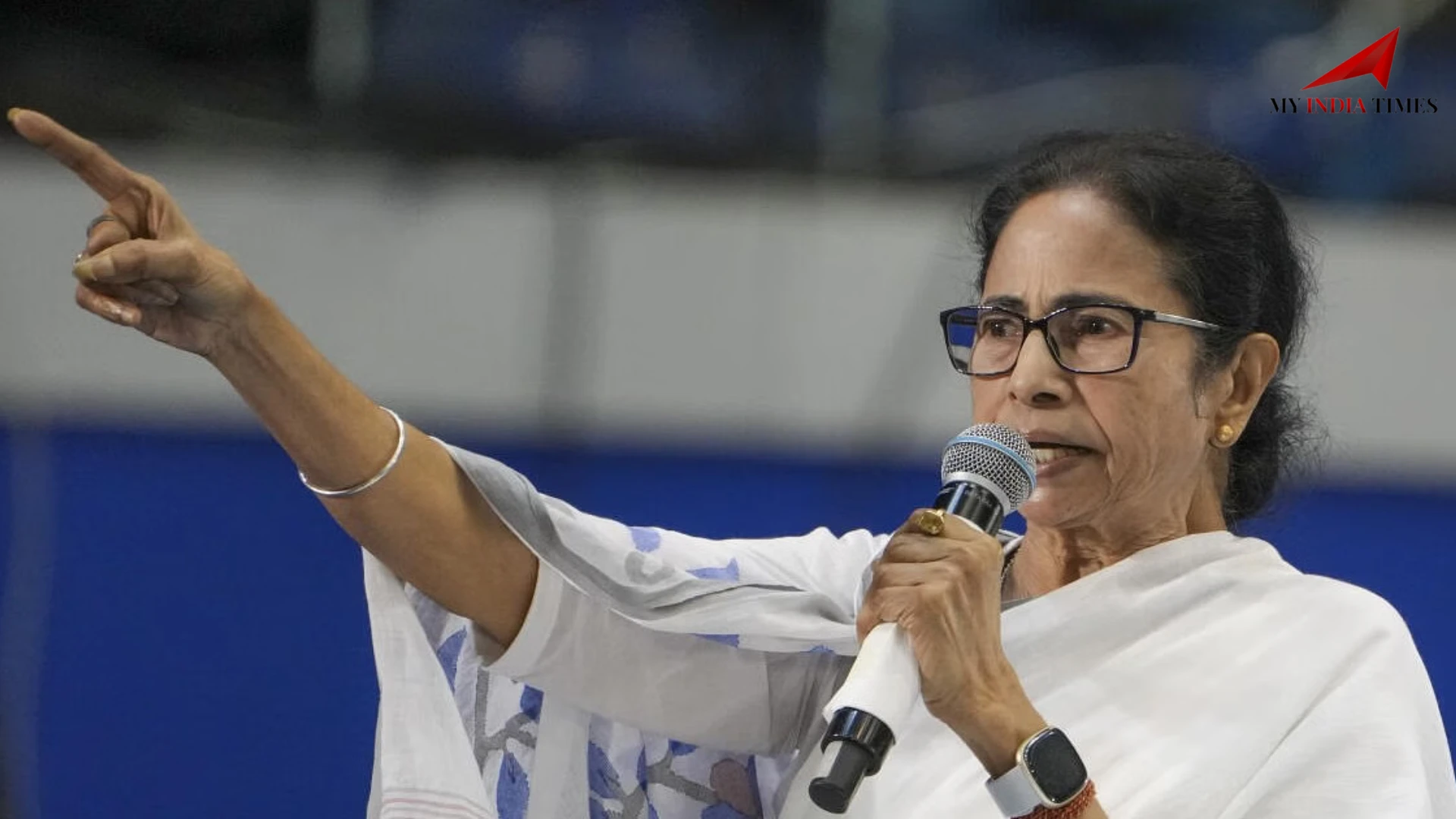
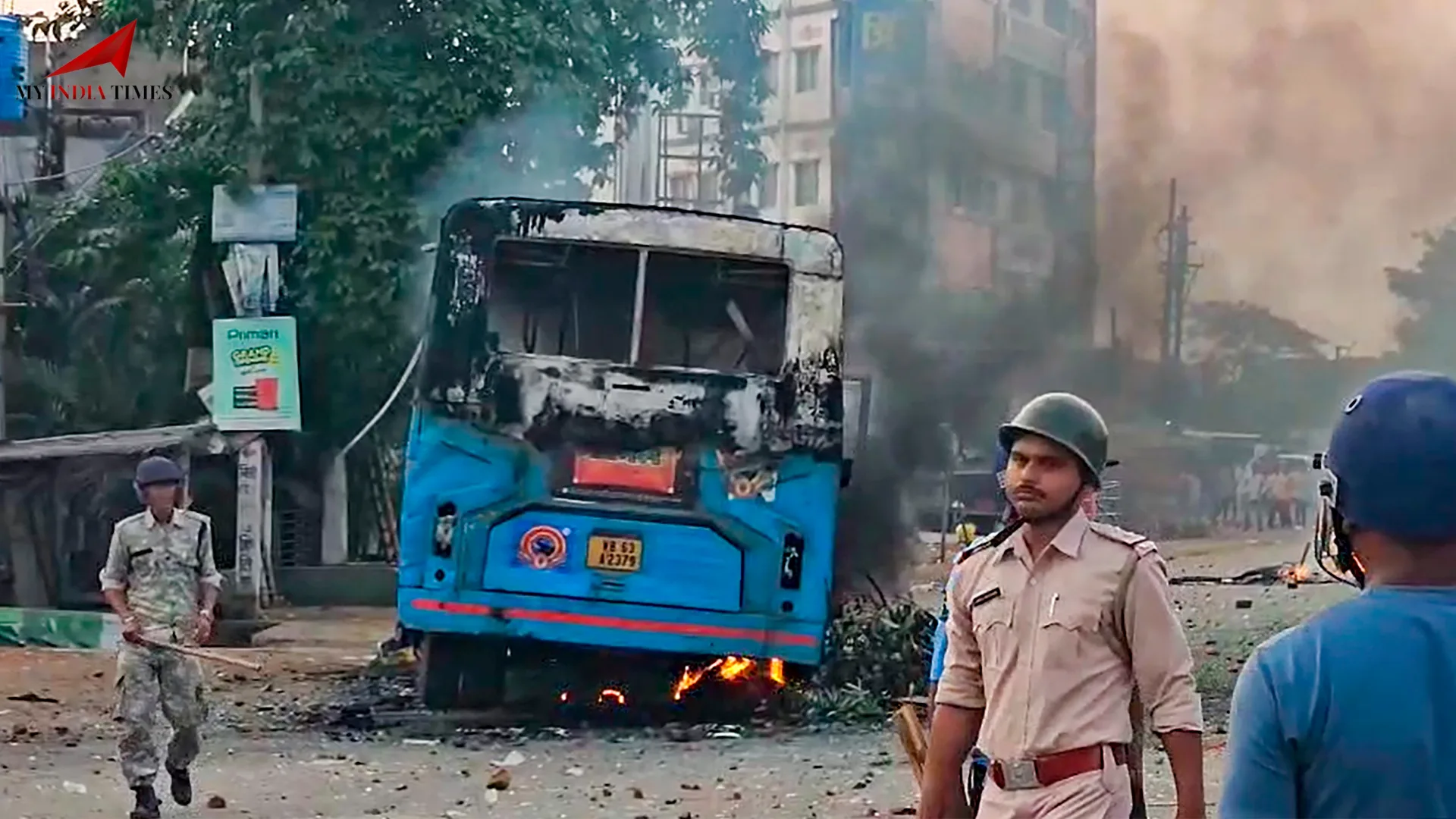
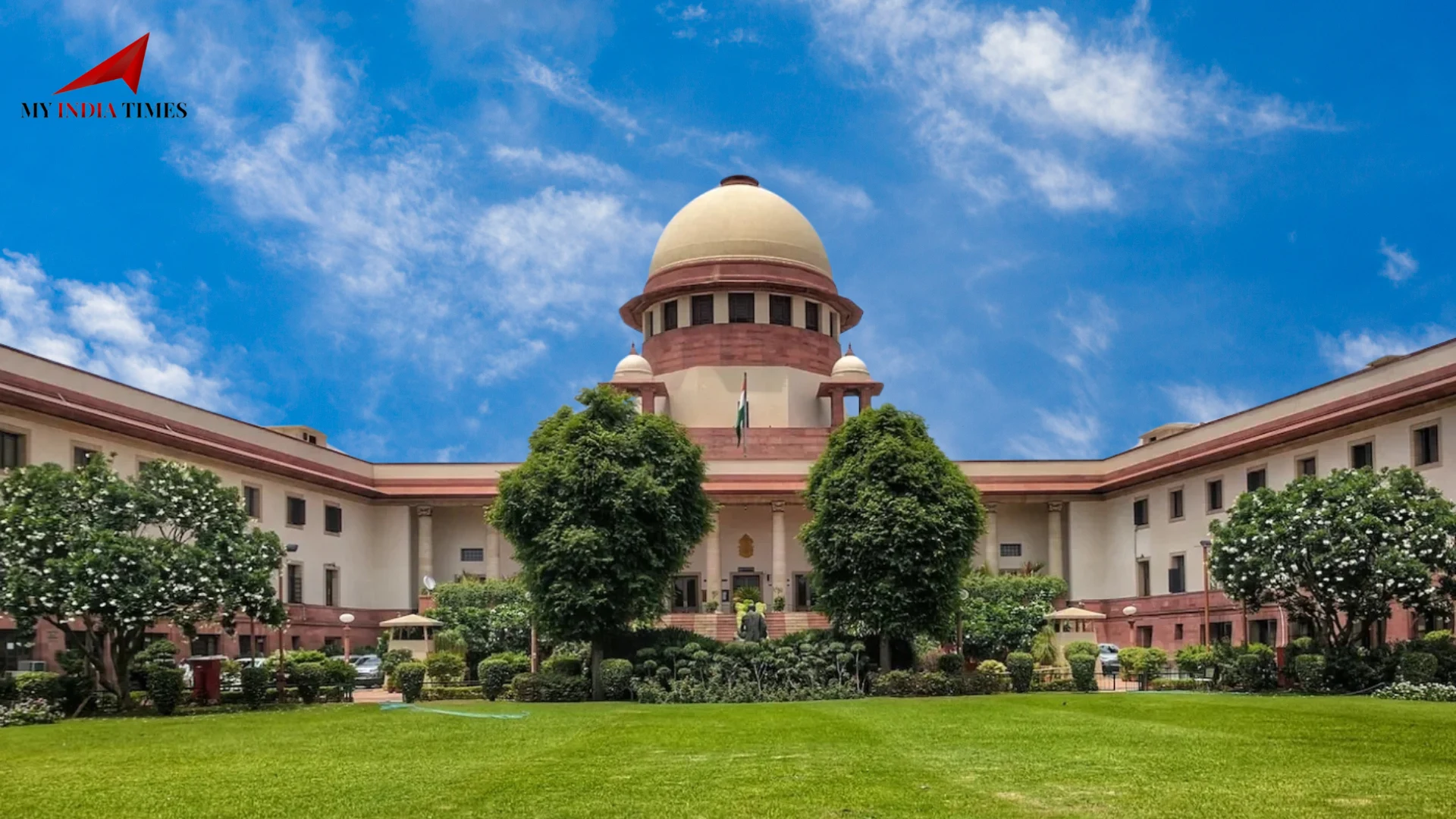
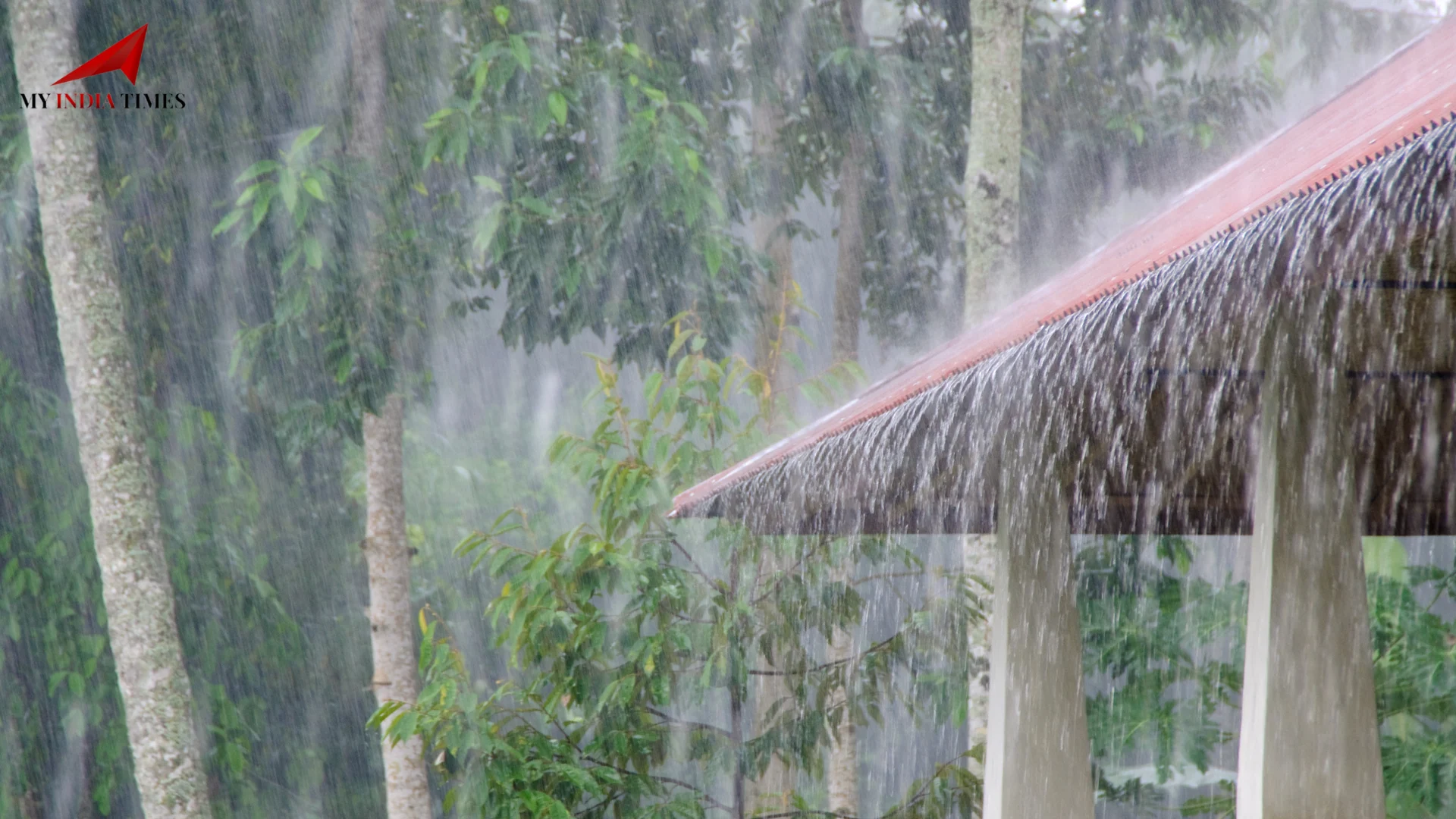
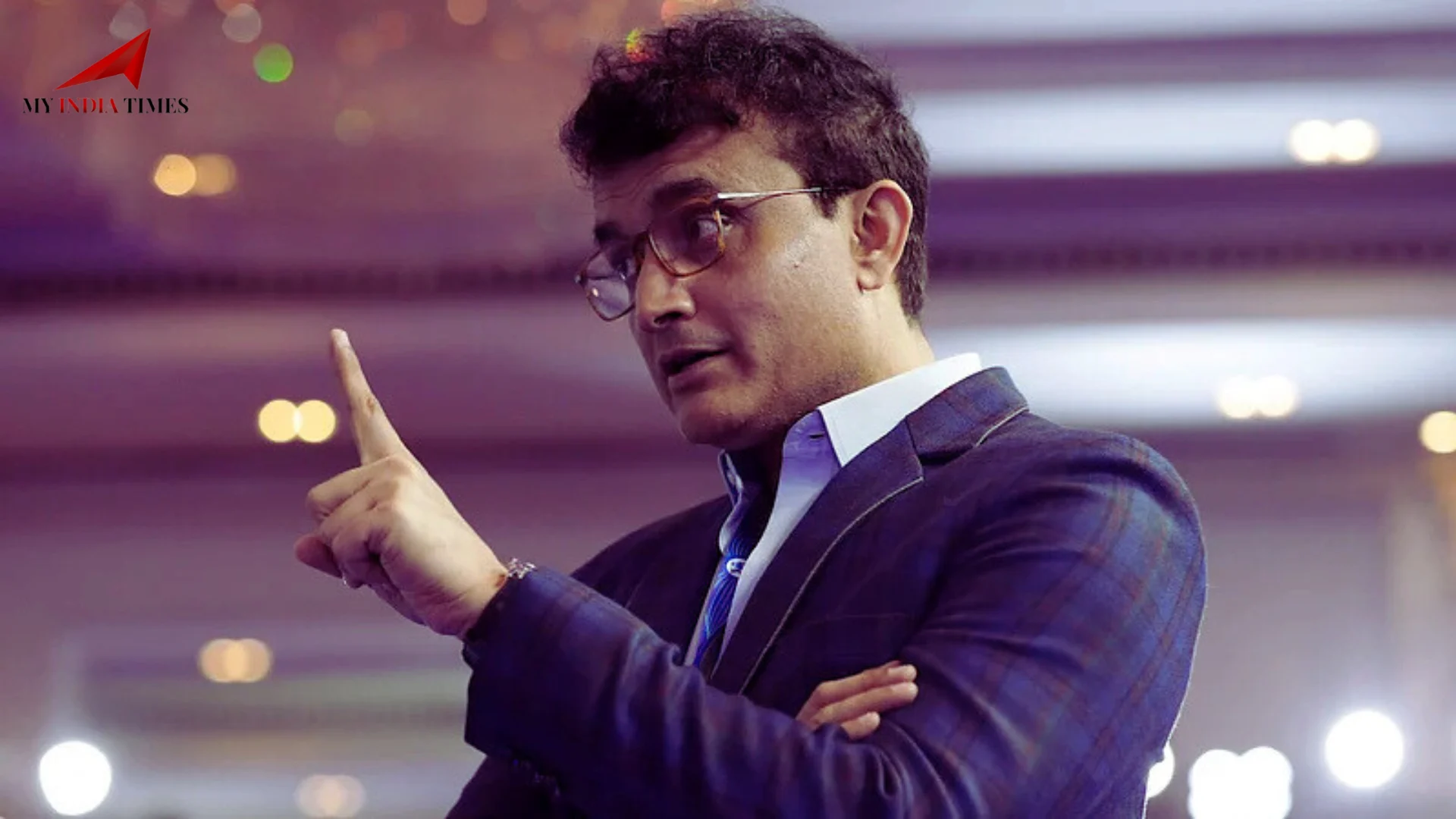

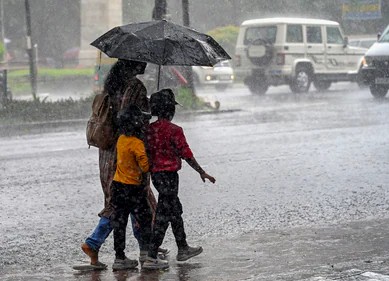
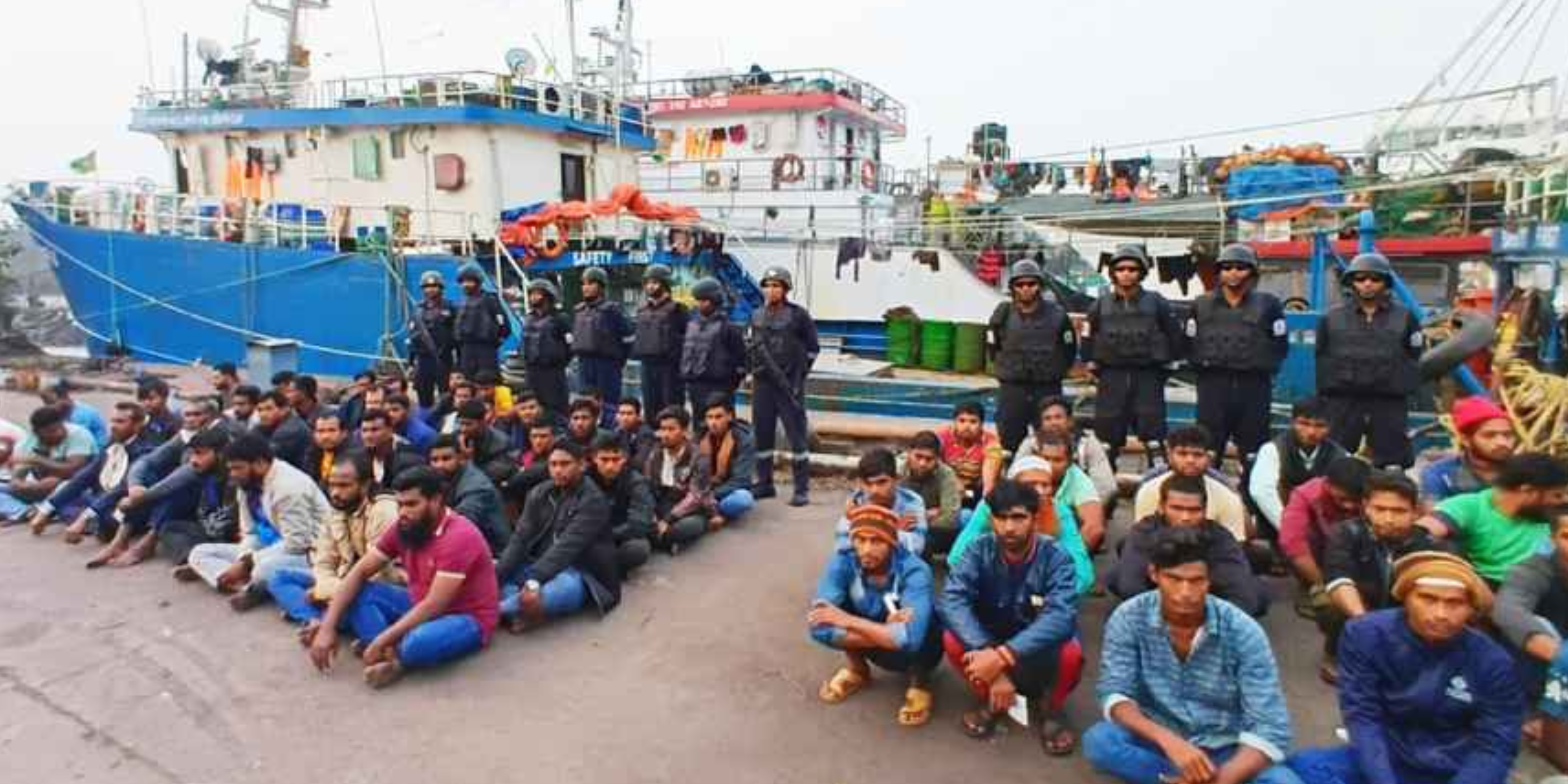

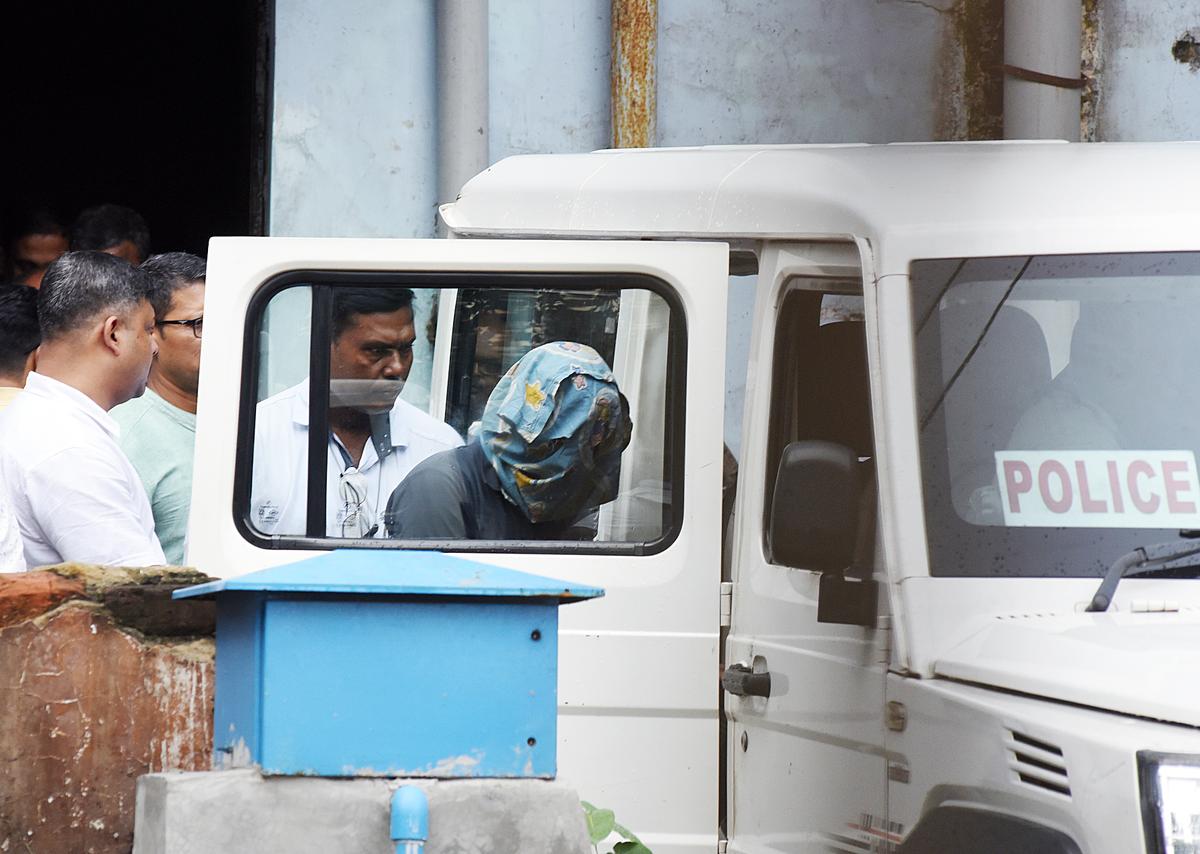
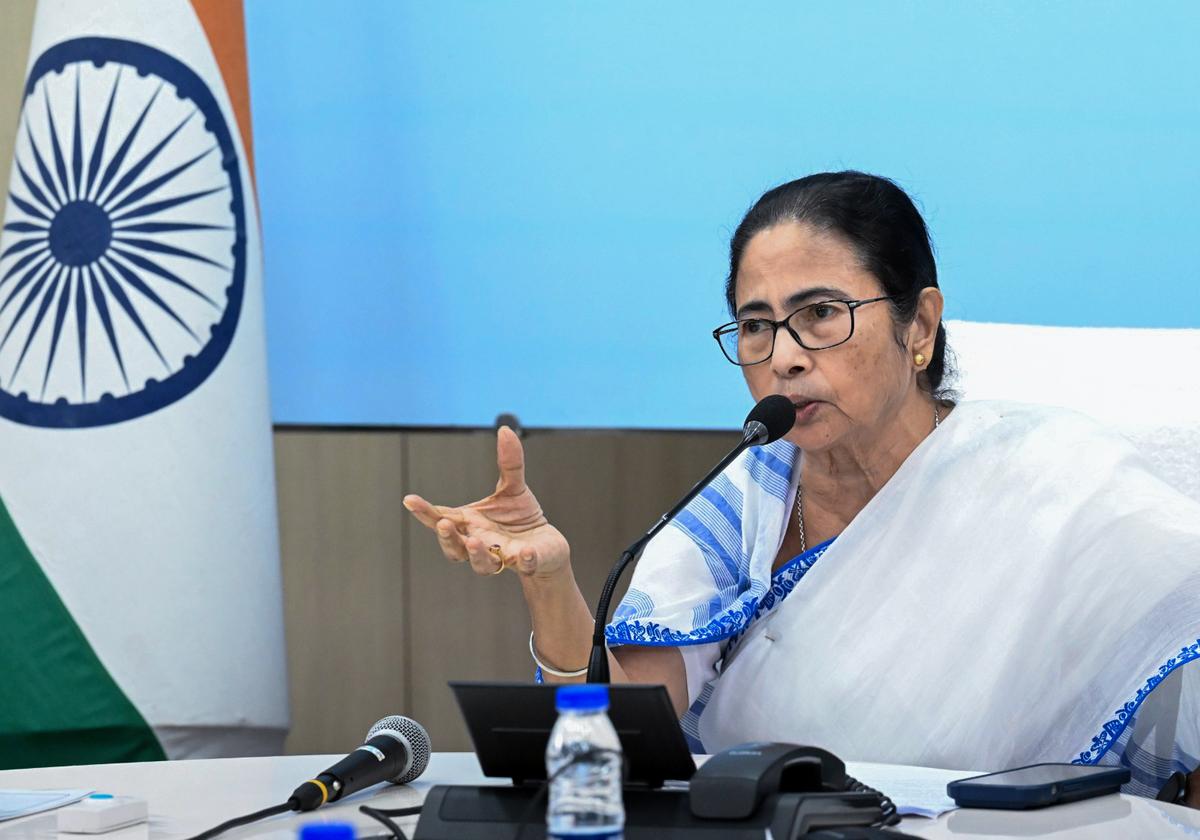
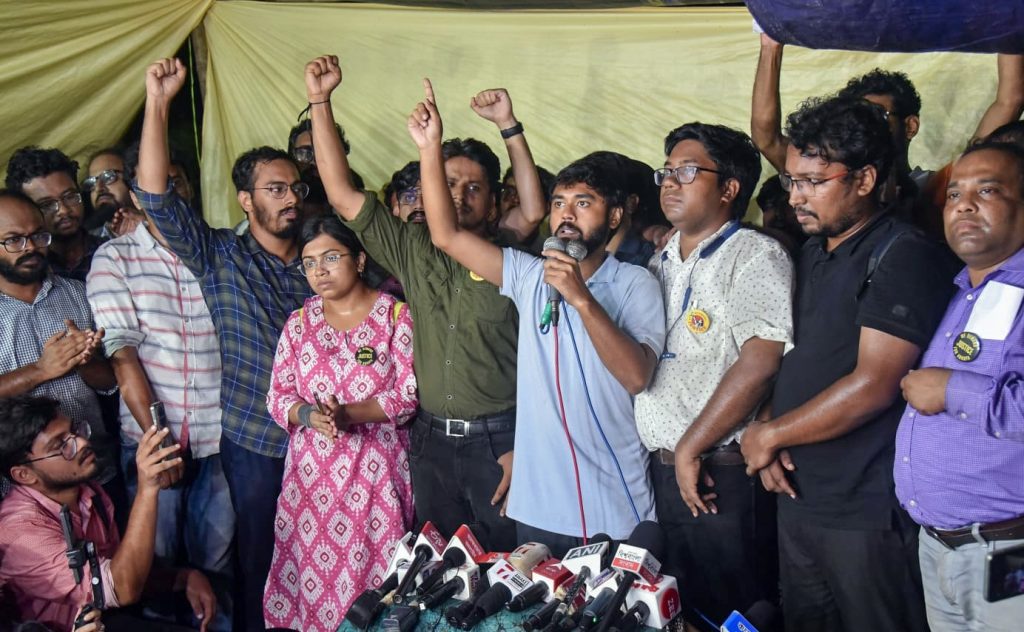
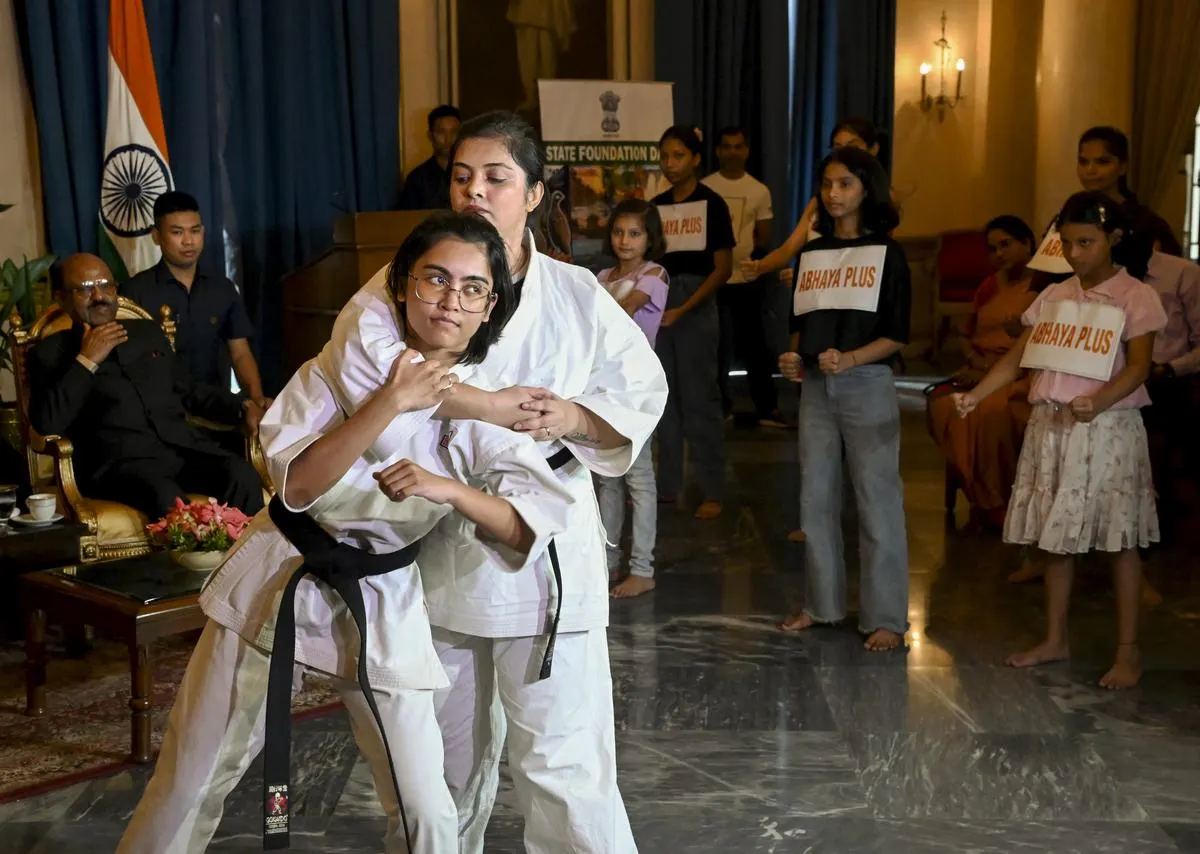
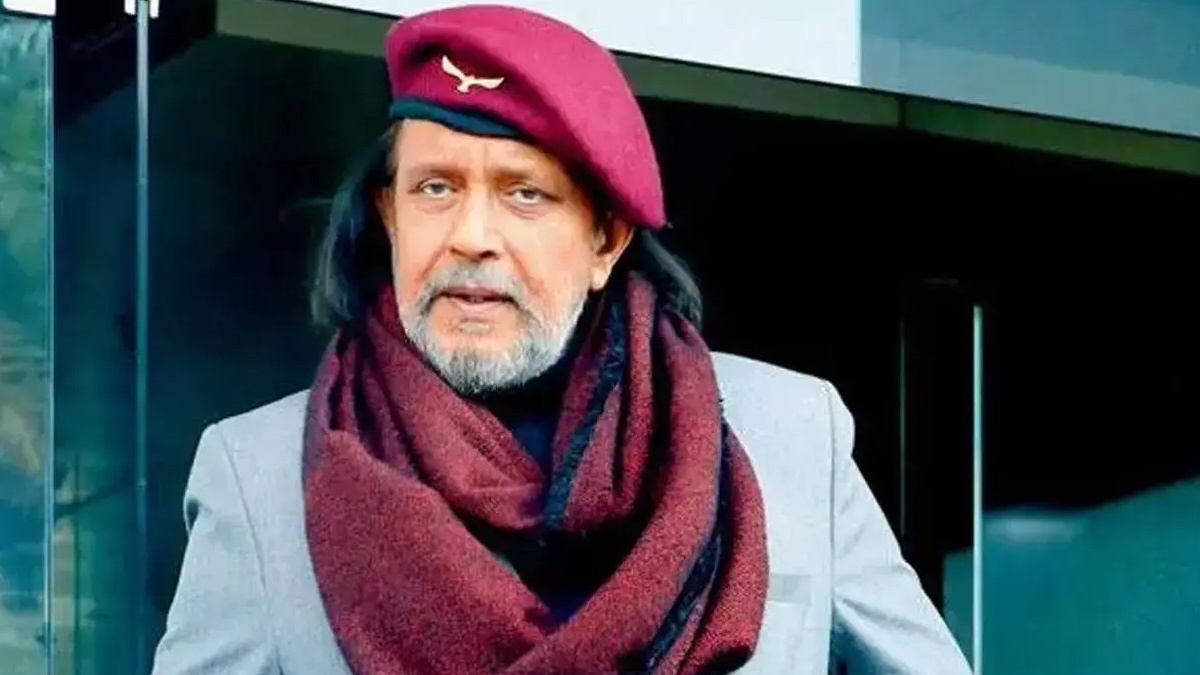

























































































.png)
 (1).png)























